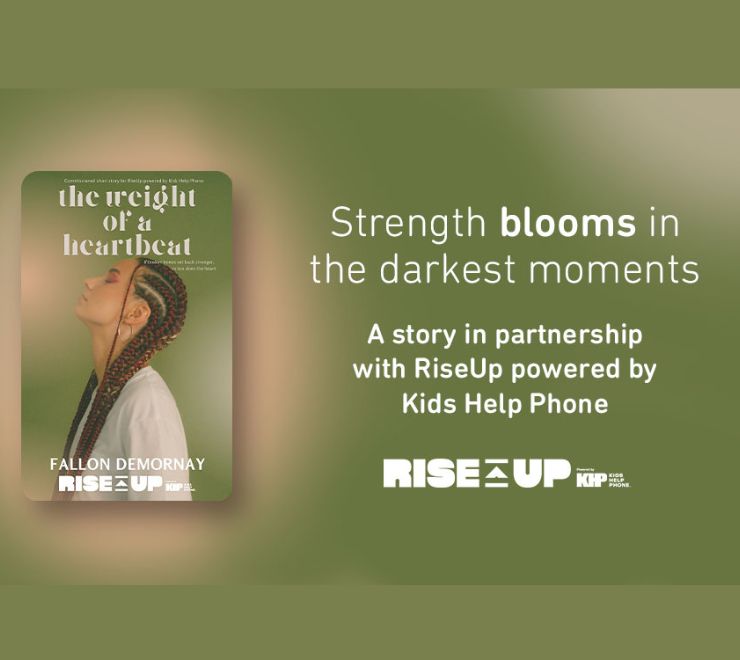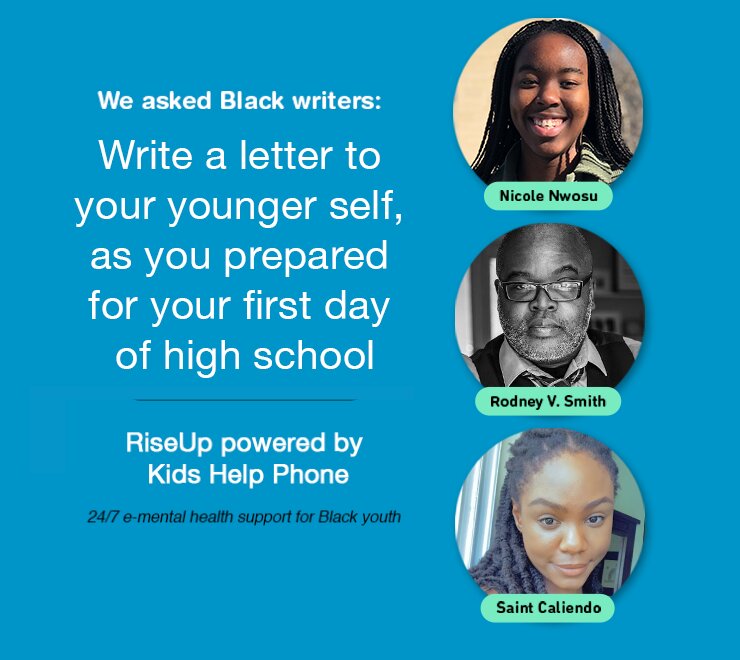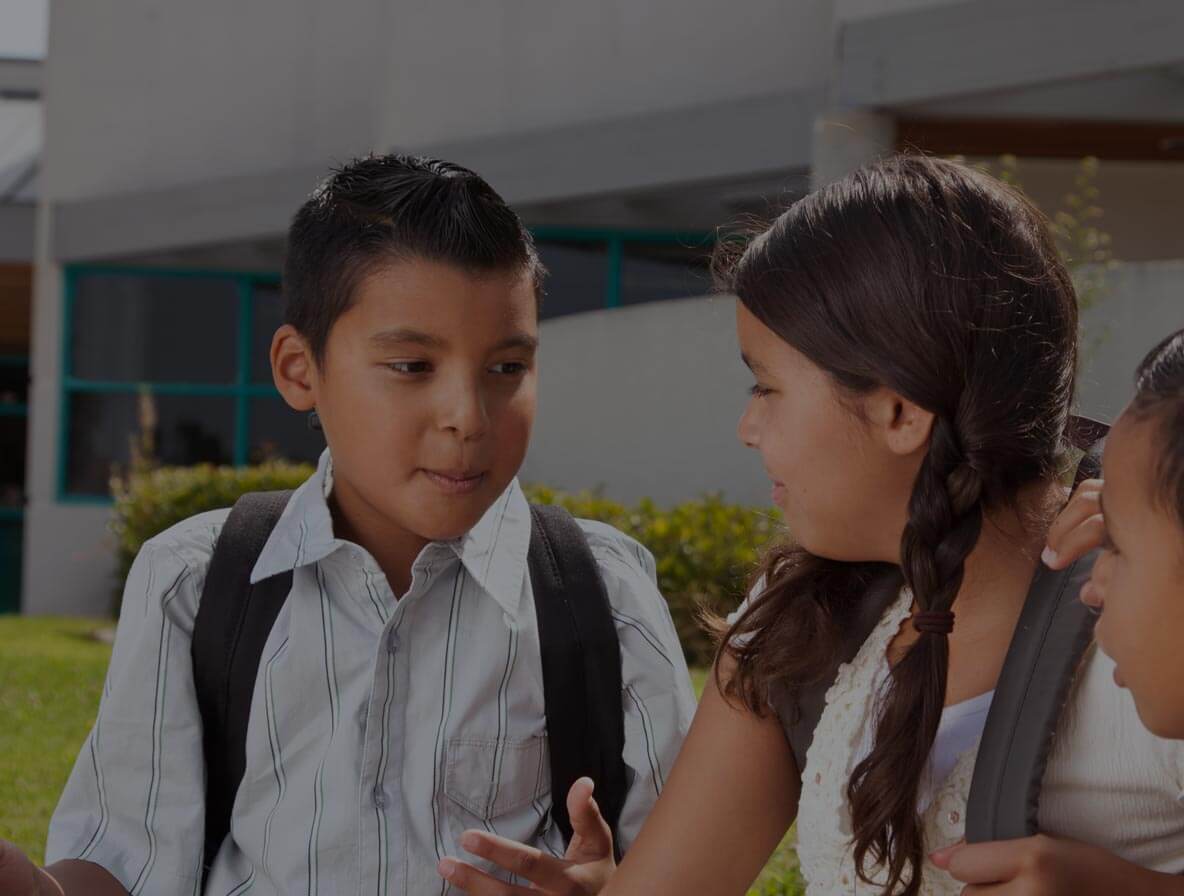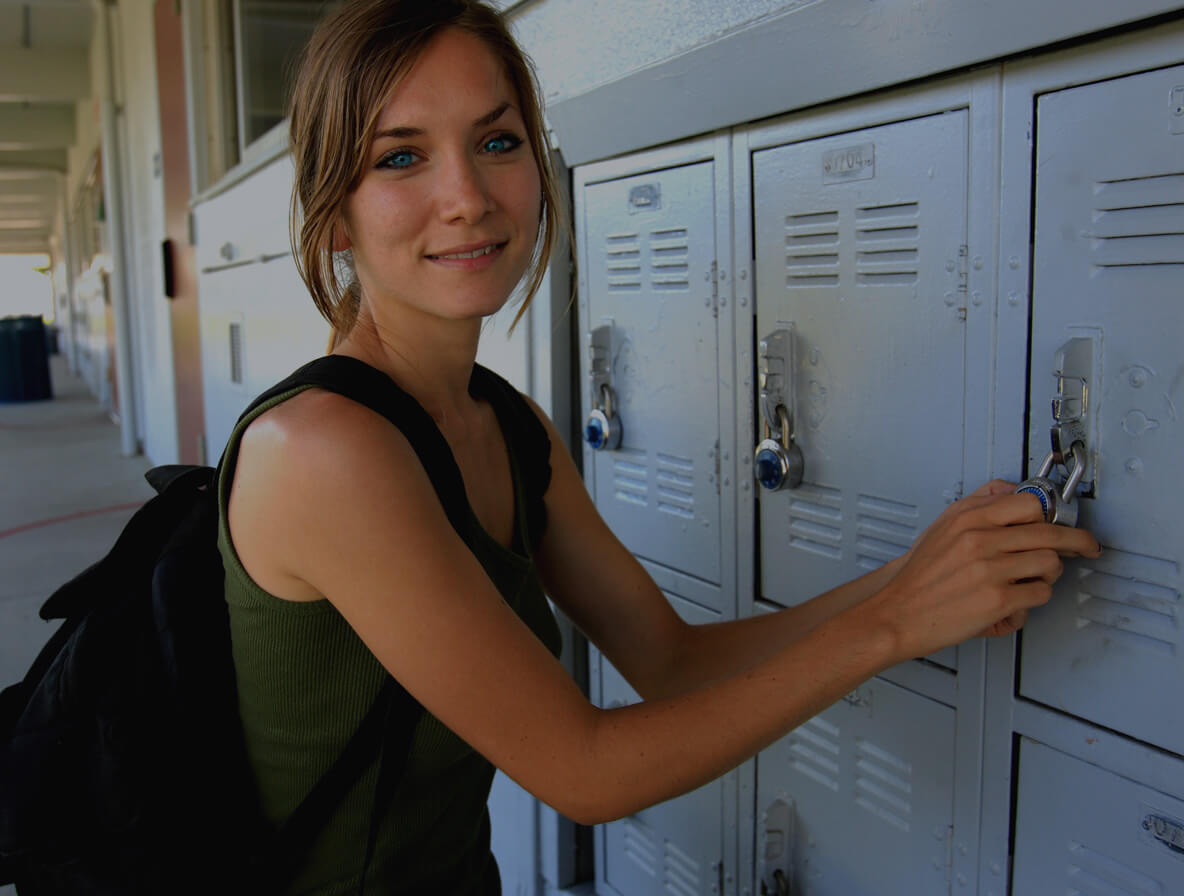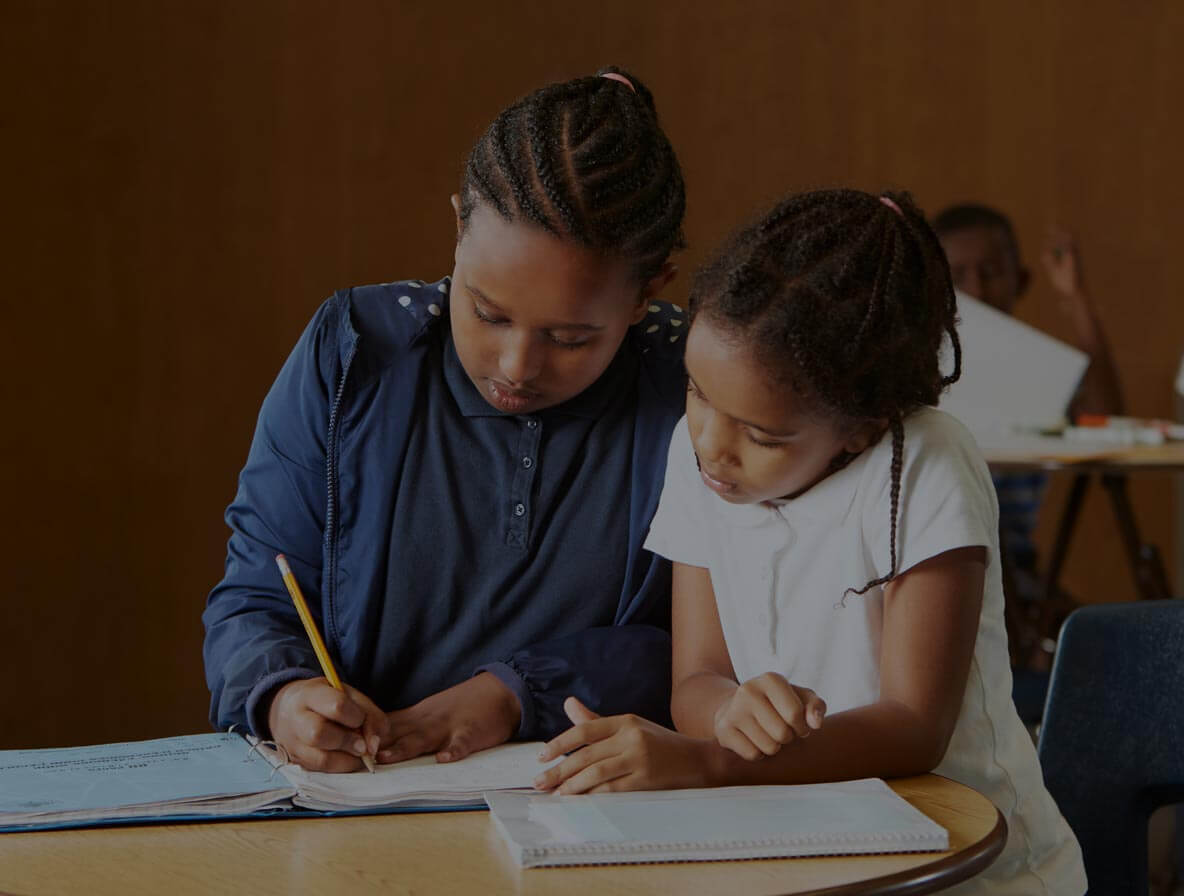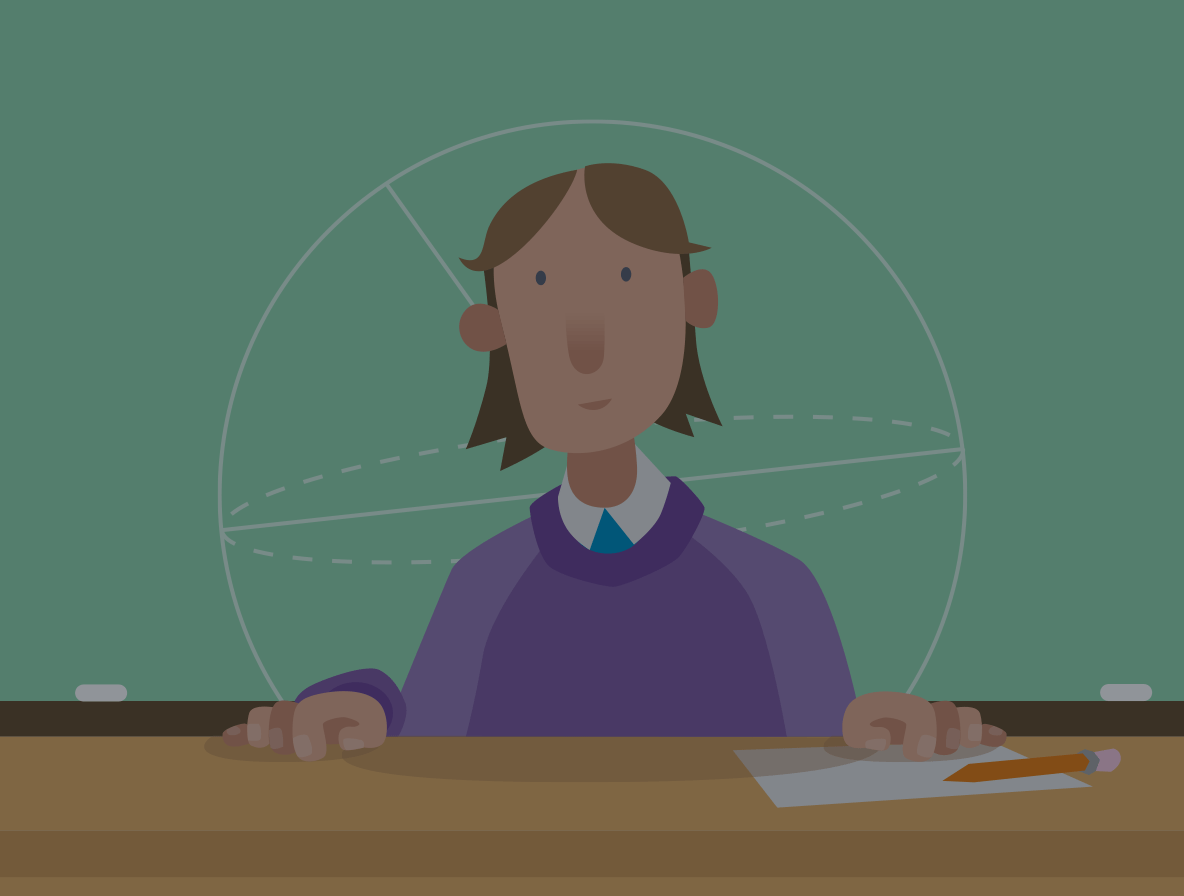School life is about much more than classes, homework and exams. It’s also about friendships, building life skills and learning more about who you are. You’ll experience a lot of changes and maybe a few challenges.
Going from elementary school to high school can feel like you’re starting all over again. You’ll meet new friends and teachers, your classes will be more challenging and you’ll have more extracurricular activities to choose from.
It’s common to have mixed feelings about starting high school, often about:
- meeting new people
- leaving some friends behind
- leaving elementary school
Try to relax and keep an open mind when the school year begins.
Meeting new friends
Your high school will likely have kids who come from different elementary schools, so you’ll meet a lot of new people. This may feel challenging because:
- you won’t know everyone in your class
- your classes may be bigger
- your friends from elementary school aren’t in your class
Remember, everyone in your class is going through the same thing. This is a good chance to get to know new people. You can make new friends and still stay close to your old friends.
Another big change from elementary school is you’ll now be a part of the youngest group in the school rather than the oldest group. It may seem like everyone else knows what to do and where to go, but remember that all the kids in your grade are also getting to know the school.
Getting to know your teachers
When you start high school, you’ll probably have more teachers than you did in elementary school — likely a different teacher for each subject. It may take a while to get used to their unique teaching styles, but over time this variety can be a positive thing.
Conflicts with teachers
We all have conflicts with other people from time to time — they’re an upsetting but normal part of relationships. It can be particularly distressing to have conflicts with teachers.
Teachers hold a position of power over students, since they determine final grades. This can make it difficult to approach teachers when you disagree with something, but resolving conflicts at school is possible.
You and your teachers may have conflicts about:
- grades
- absences
- disrespect
- behaviour in class
- personality differences
Whatever the reason, conflict with a teacher can be frustrating and upsetting. Here are some things to keep in mind:
- Keep your cool: Try to avoid immediate emotional responses. Ask your teacher for time to calm down before talking. When you’re upset, your body’s “fight or flight” response may take over and it can be hard to think clearly.
- Know what’s up: Try to define the reasons for the conflict as clearly as possible.
- Take turns: Make sure both you and your teacher get a chance to talk and listen.
- Be willing to compromise: Try to find a win-win solution. Making compromises can help uncover a solution that satisfies you both.
- Ask for help: If you and the teacher can’t reach a resolution, ask someone else, like your principal, guidance counsellor or parent, to mediate.
If you’re having conflicts with teachers, Kids Help Phone counsellors are always available to support you and help you find solutions at 1-800-668-6868.
Building good study habits
Your classes will be more challenging than they were in elementary school. Help yourself succeed by developing good studying skills early on. Try these effective ideas:
- organize your time with a day planner or calendar app
- spread your study sessions over a few weeks instead of cramming
- try to do homework the same day it’s assigned
- start big projects well before deadlines
- start a study group with other students to share notes and discuss schoolwork
Finding balance
In high school, you’ll have a lot of exciting options for how to spend your free time. Your choices may include:
- school clubs
- sports teams
- spending time with family
- spending time with friends
- lessons (like music, dance or sports)
- a part-time job
It’s important to manage your time. If you’re feeling overwhelmed, you may need to rebalance your schedule. Think about how school, family relationships, friendships and other activities (like eating or sleeping) can all fit together. Talking to a friend or safe adult can help you identify priorities.

